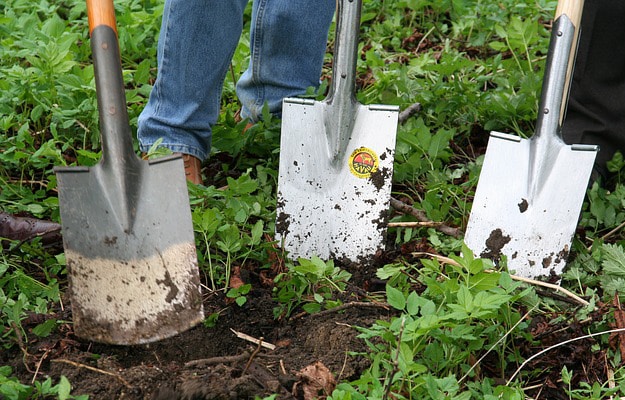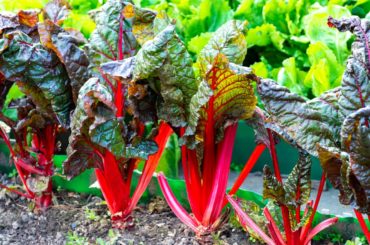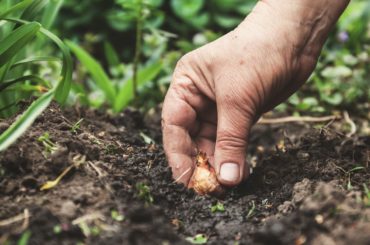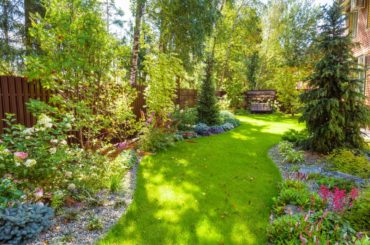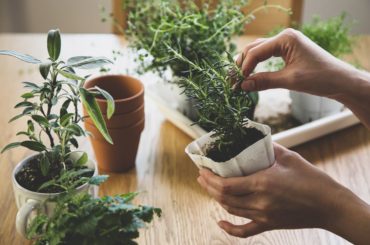Fertilizing plants means giving them the nutrients they need to flourish properly. Fertilizer is not just on the shelves of a garden center. There are many cheaper, healthier and equally effective alternatives to give your green plants, vegetables and fruit trees a boost.
Fertilizer (natural): what for?
To develop properly, a plant needs specific nutrients: nitrogen, essential for its growth, potassium, which strengthens its resistance to diseases, and phosphorus, which contributes to flowering. She will also appreciate some well-chosen supplements, such as magnesium or calcium.
These nutrients are not easy to find in a pot on the balcony or in the flowerbeds of a garden grown every year, and it is essential to fill the gaps with fertilizer … provided you not to abuse it! Because, yes: an excess of fertilizers can kill plants. We will therefore avoid getting tired: fertilizing your plantations every 2 to 3 weeks is more than enough for their development.
The manure
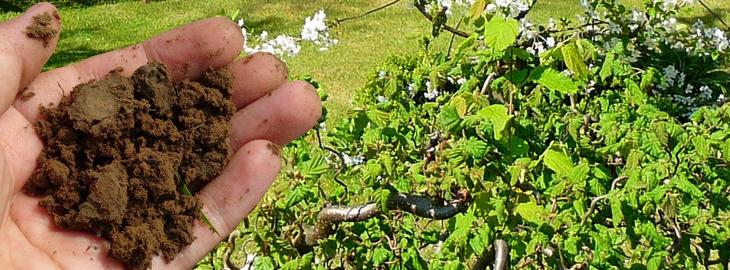
- For which plants? All!
- How it works : Liquid manure is a liquid fertilizer that is easy to prepare. Just harvest the grass, place it in a container full of water, and marinate for several days, stirring every 24 hours. The best-known recipe is nettle manure. But it is possible to use many other herbs, starting with comfrey.
Good to know : if it is effective, the manure also feels very strong. To avoid this inconvenience, you can opt for a variant. Collect the comfrey before flowering, dry it and crumble it at the feet of your plants. You can also deposit fresh nettle leaves at the bottom of the holes when you are planting.
Eggshells
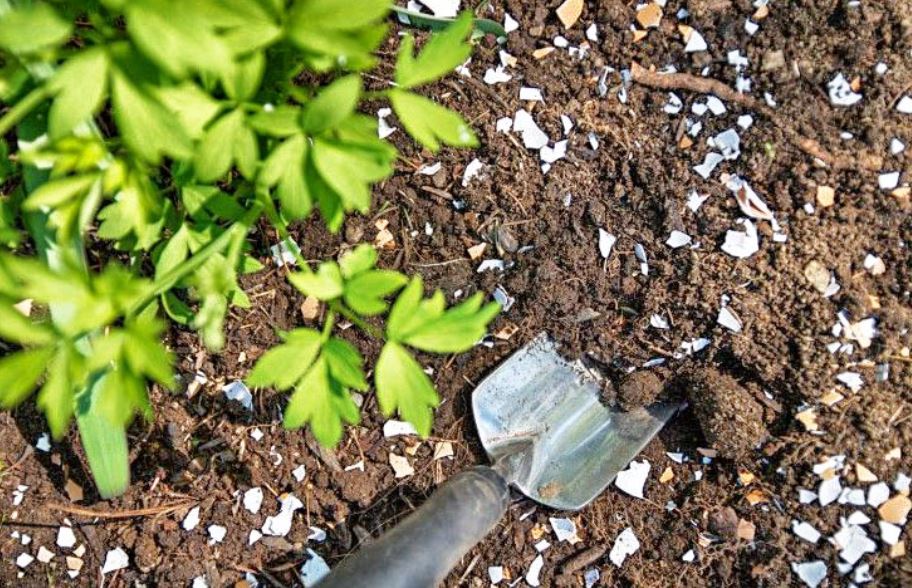
- For which plants? All!
- How it works : Egg shells are rich in calcium and potassium: a treat for plants! To fertilize your plantations, you can deposit the shells directly at the foot of the plants. In this case, be sure to loot them thoroughly and mix them with the soil to prevent water from washing out. You can also make a liquid fertilizer by roughly breaking the eggshells and boiling them in a pan of water. Let cool, filter: it's ready!
Good to know : this natural fertilizer works for potted plants as well as garden plants, provided that it is well dosed: no more than one intake every 5 to 6 weeks.
The coffee grounds
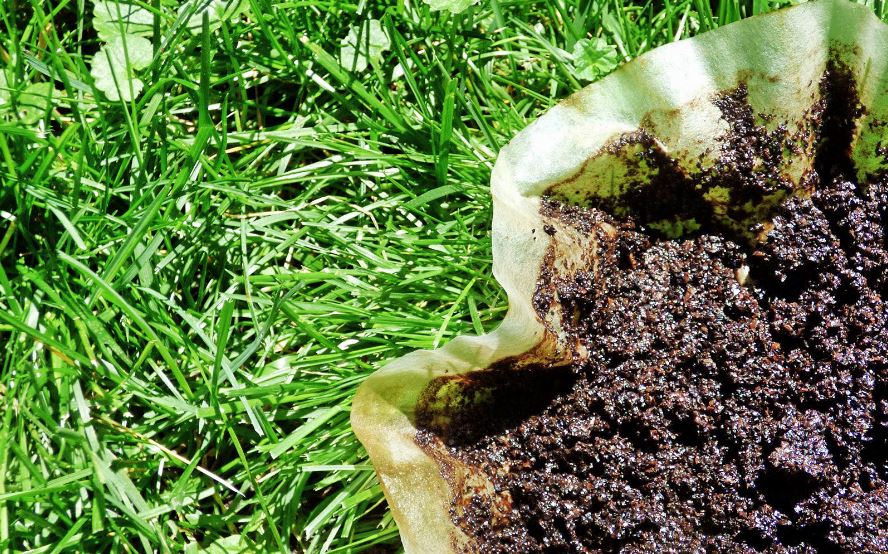
- For which plants? Flowers, green plants, salads and fruit trees
- How it works : The coffee grounds can be deposited directly at the foot of the plants. It is also possible to use it to prepare a liquid fertilizer, by simply macerating 4 to 5 tablespoons of coffee grounds in a watering can. Most plants are greedy, but it will be particularly recommended on acidic types: tomato plants or azaleas.
Good to know : The coffee grounds also act as a natural repellent. It is very effective to keep slugs and insects away, but also to keep cats away!
Banana peel
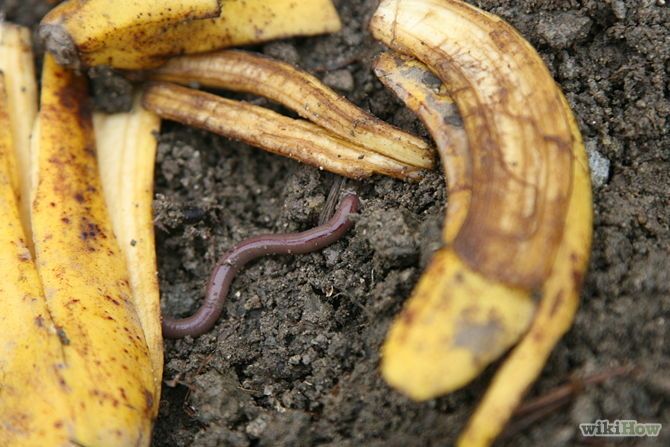
- For which plants? Flowers.
- How it works : Banana is known to be rich in potassium. If it is good for your health, it is just as beneficial for the garden! To benefit your plants, nothing is easier: get the banana peel and bury it at the foot of your flowers.
Good to know : all flowering plants appreciate this natural fertilizer. This is especially the case with the rose bush. Before planting one, consider placing a banana peel at the bottom of the hole.
Ashes of wood
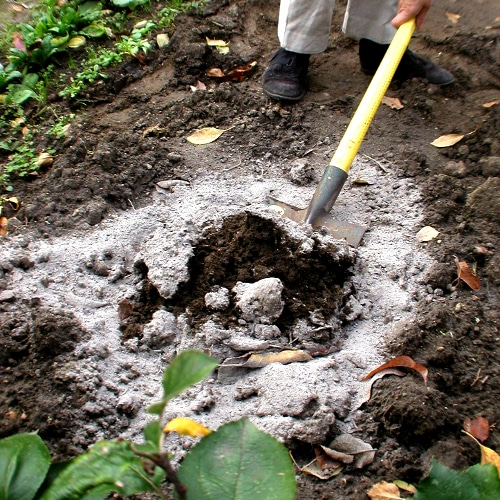
- For which plants? All except heather and acidic plants.
- How it works : Wood ash is a natural potash fertilizer. It is simply deposited at the foot of the plants or on the lawn … in moderation! Count 100 GR / m² maximum. Beyond that, it could have a counter-productive effect not only on your plantations, but also on the quality of the soil, that it will prevent breathing.
Good to know : Wood ash has the reputation of being an excellent repellent against gastropods. True and false ! It is actually dam as long as it is dusty. But an awkward watering or rain turns it into a paste, which dries when it crusts, opening the way for slugs and snails. Spread it again? Bad idea: it would be overdose assured, for your plants!
Seaweeds
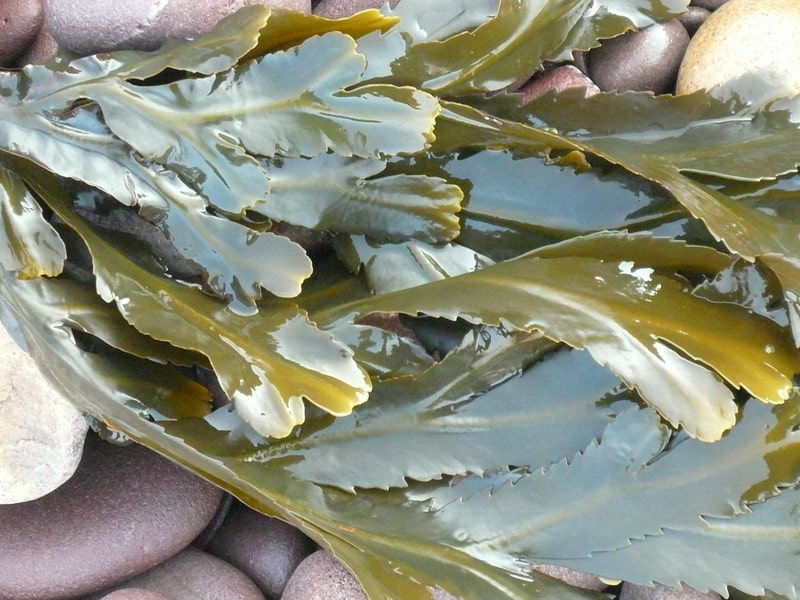
- For which plants? All!
- How it works : The algae harvested on the beach make it possible to prepare a particularly effective natural fertilizer. They are generally harvested in the spring and after rinsing to remove the salt as much as possible, they are dried throughout the summer. In the fall, it remains to reduce them to powder to fertilize the garden.
Good to know : seaweeds combine two functions. This natural fertilizer also serves as an amendment. If they improve the structure of the soil, they can also unbalance it in case of excess. We will use them once a year maximum!
Vegetable cooking water
- For which plants? All!
- How it works : Vegetable cooking water is rich in vitamins and minerals. It is therefore an appreciable contribution to plants … provided they are healthy and not salty! Are you a fan of organic vegetables? You can collect their cooking water and use it as irrigation water. Just let it cool down before pouring it at the feet of your plants, because hot water is as bad for their roots as for earthworms, which help maintain good soil quality.
Tea
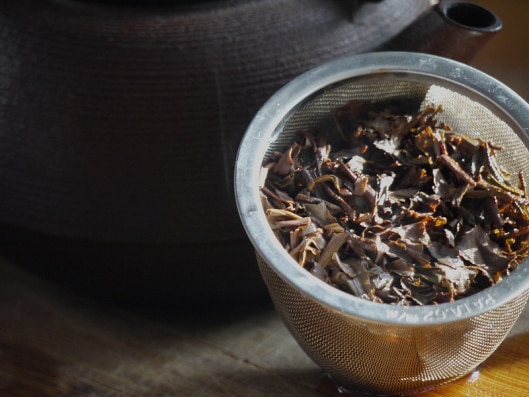
- For which plants?.. especially the orchids!
- How it works : Do not discard the leaves after having tasted a good tea: spread them rather at the foot of your plants. Tea leaves have the particularity of being very rich in nitrogen. They will make the happiness of your plantations. Tea is especially popular with orchids, as it is a discreet and odorless fertilizer, making it easy to mix with bark.
Potato
- For which plants? Orchids.
- How it works : Cut a potato into small coarse pieces without peeling them. Boil until well cooked, then let cool completely. Then add the potato to the bark: your orchid will appreciate this intake of nitrogen and potassium, especially during the flowering period.
Compost
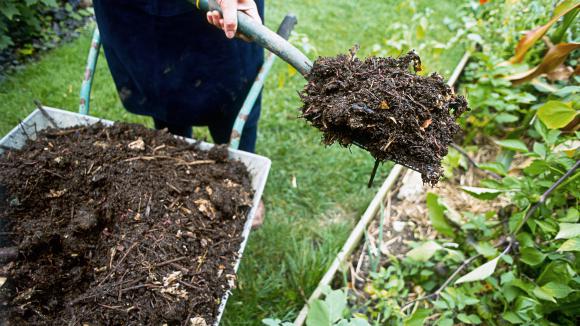
- For which plants? All!
- How it works ? Just recycle your organic waste to make a compost that will be appreciated both indoor plants and vegetables in the garden. For that, nothing more simple: recover spoiled fruits, peelings of fruits, but also weeds and dead leaves. Depending on the space you have, you can put everything in a composter or just in a heap in a corner of the garden. The composting process may take 3 to 5 months, depending on the amount of waste and weather conditions.
Good to know : Compost is not just a natural fertilizer. It also allows to amend the land. In other words: it improves the quality of the soil and boosts its productivity. And in addition, it allows you to significantly reduce your waste production!



